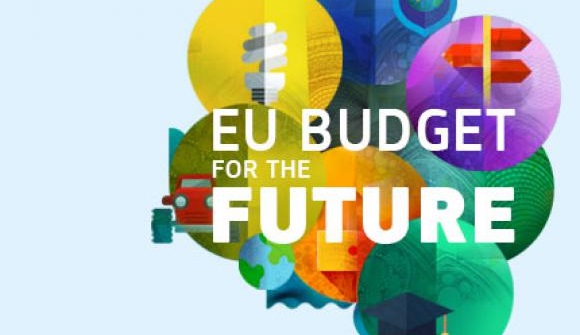The central element of Emmanuel Macron’s program for Europe, a eurozone budget, is indeed set to materialize. A political agreement has been reached by the 19 countries sharing the single currency. After a hard-fought battle, the French president, supported by Germany and the European Commission, has managed to convince his partners. However, contrary to his wishes, this new budgetary capacity will not function to stabilize the economy in the event of a new crisis.
The creation of a dedicated eurozone budget was mentioned by Emmanuel Macron during the 2017 presidential campaign. The French president then made it a central element of his European program during his Sorbonne speech in September 2017. He succeeded in convincing Germany of the project’s merits at the Meseberg summit in June 2018.
The 19 countries have reached a political agreement and have given a mandate to their Finance Ministers to define, within the framework of the Eurogroup, a “budgetary instrument” dedicated to the eurozone in the coming months.
For the record, the head of state envisioned a budgetary capacity of several GDP percentage points, the creation of a parliament and a eurozone Finance Minister position, as well as the assignment of an economic stabilization function in the event of a crisis. These points are no longer part of the agenda.
Indeed, the eurozone budget is expected to be included in the multiannual financial framework of the European Union. This framework amounts to about 1% of the member states’ GDP, and this amount is not expected to increase excessively for the upcoming period (2021-2027). In this context, the sum of the new eurozone budget is expected to be “only” 20 to 30 billion euros over seven years.
As for the objectives pursued with this new budgetary capacity, eurozone members have agreed on strengthening competitiveness and improving convergence. As explained by the Élysée, the focus would primarily be on funding investment projects and national structural reforms.
Hence, the economic stabilization function was not retained. It was supported by France and the European Commission, but several northern European countries, led by the Netherlands and Denmark, rejected it.
These countries are part of the New Hanseatic League, a recent informal group with growing influence that includes Austria and advocates for fiscal orthodoxy in Europe. More pragmatically, they outright refuse any prospect of automatic redistribution within the eurozone, fearing that their virtuous economies would have to finance the largesse of some southern European countries.
It is now up to the eurozone finance ministers to define a precise and operational architecture for this new tool. They have until June 2019 to accomplish this work, which promises to be complex.


